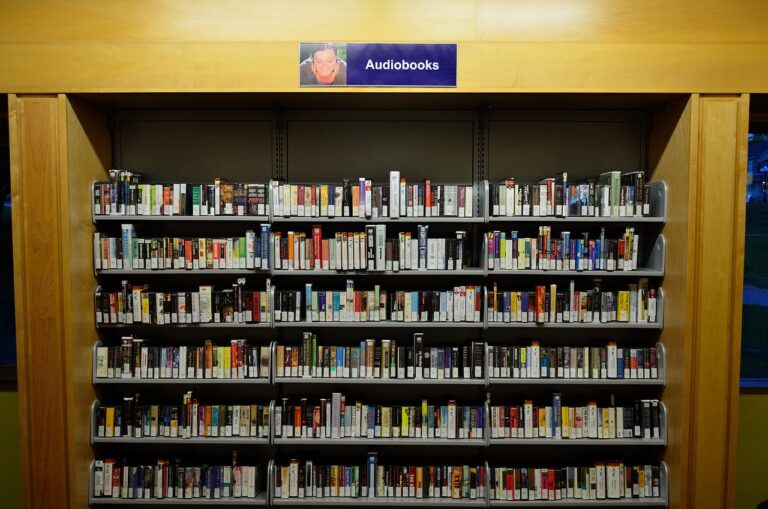Exploring Cultural Competence in Online Education
bet book 247 sign up, radhe exchange app download, bethub777: In today’s interconnected world, online education has become increasingly popular. Students from diverse cultural backgrounds are enrolling in online courses to further their education and skillset. As educators, it is crucial to explore cultural competence in online education to ensure that all students feel included and valued in the virtual classroom.
Understanding Cultural Competence
Cultural competence refers to the ability to effectively interact with people from different cultures. It involves being aware of one’s own cultural beliefs and practices, as well as those of others. In the context of online education, cultural competence is essential for creating an inclusive learning environment where all students can thrive.
Promoting Diversity and Inclusion
One of the key benefits of online education is its ability to reach a diverse audience. By promoting diversity and inclusion in online courses, educators can create a more dynamic and enriching learning experience for students. Incorporating diverse perspectives and materials into the curriculum can help students broaden their worldview and develop a deeper understanding of different cultures.
Building Cultural Awareness
Educators can enhance cultural competence in online education by providing opportunities for students to learn about different cultures. This can be done through discussions, guest speakers, and multicultural assignments. By exposing students to a variety of cultural perspectives, educators can help foster empathy, tolerance, and respect for diversity.
Adapting Teaching Strategies
In online education, it is crucial to adapt teaching strategies to meet the needs of a diverse student population. This may include providing multiple ways for students to demonstrate their knowledge, such as through written assignments, videos, or presentations. Educators should also be mindful of language barriers and cultural differences when designing course material.
Creating a Supportive Environment
Cultural competence in online education also involves creating a supportive environment where students feel comfortable expressing their opinions and beliefs. Educators can facilitate discussions that promote open dialogue and mutual respect. By fostering a sense of community in the virtual classroom, educators can help students build connections and feel more engaged in the learning process.
FAQs
Q: How can educators assess cultural competence in online education?
A: Educators can assess cultural competence by incorporating diverse perspectives into the curriculum, encouraging open dialogue about cultural differences, and evaluating students’ understanding of multicultural concepts.
Q: What are some best practices for promoting cultural competence in online education?
A: Some best practices include incorporating diverse perspectives into the curriculum, providing opportunities for students to learn about different cultures, adapting teaching strategies to meet the needs of a diverse student population, and creating a supportive learning environment.
In conclusion, exploring cultural competence in online education is essential for creating an inclusive and effective learning environment. By promoting diversity, building cultural awareness, adapting teaching strategies, and creating a supportive environment, educators can help students from all cultural backgrounds succeed in the virtual classroom.







